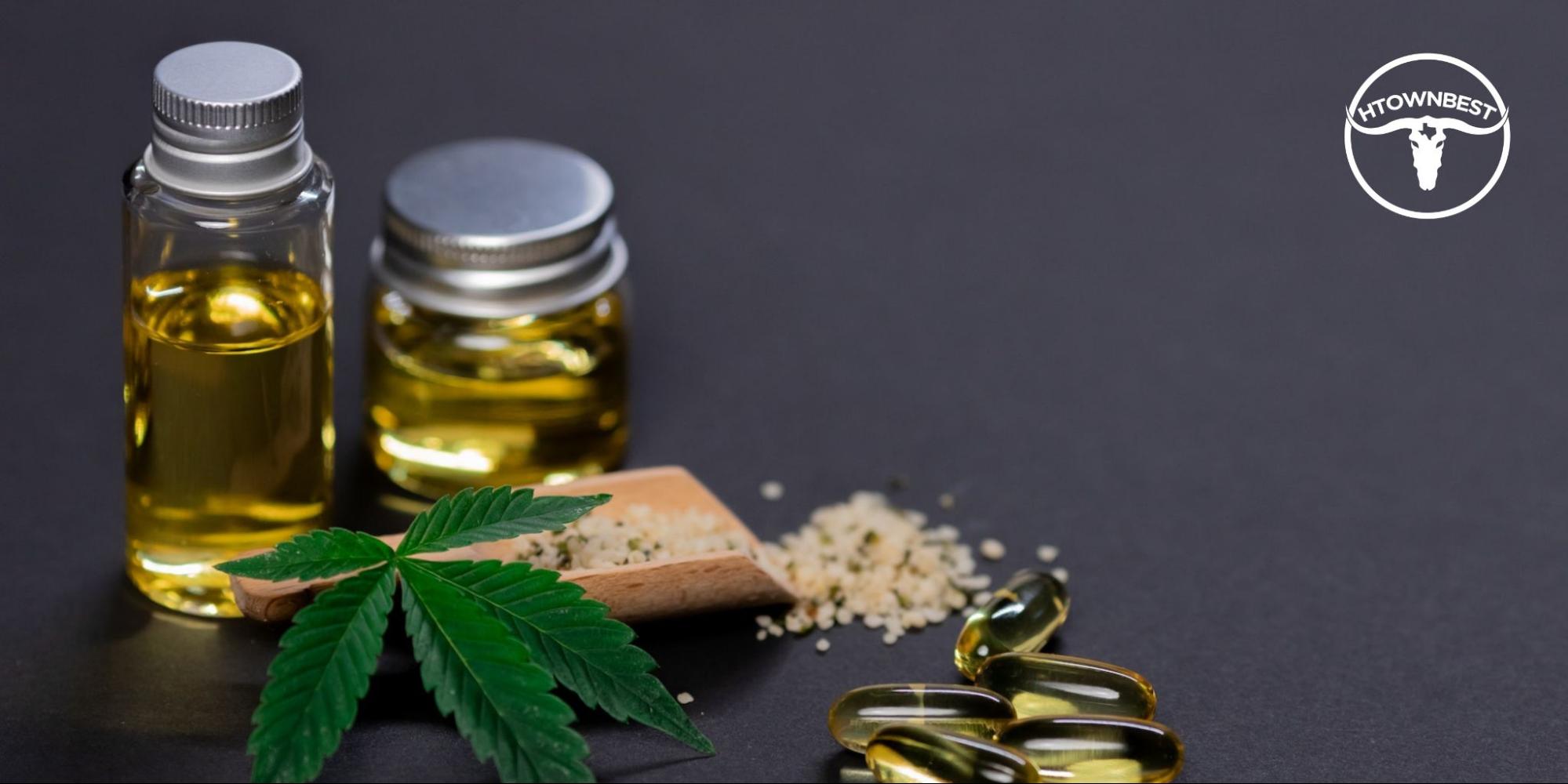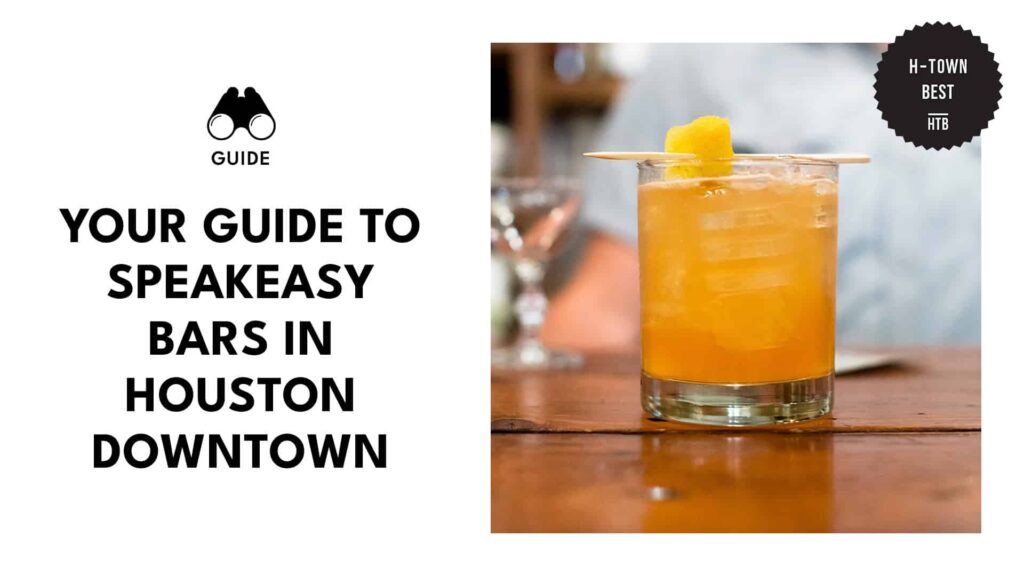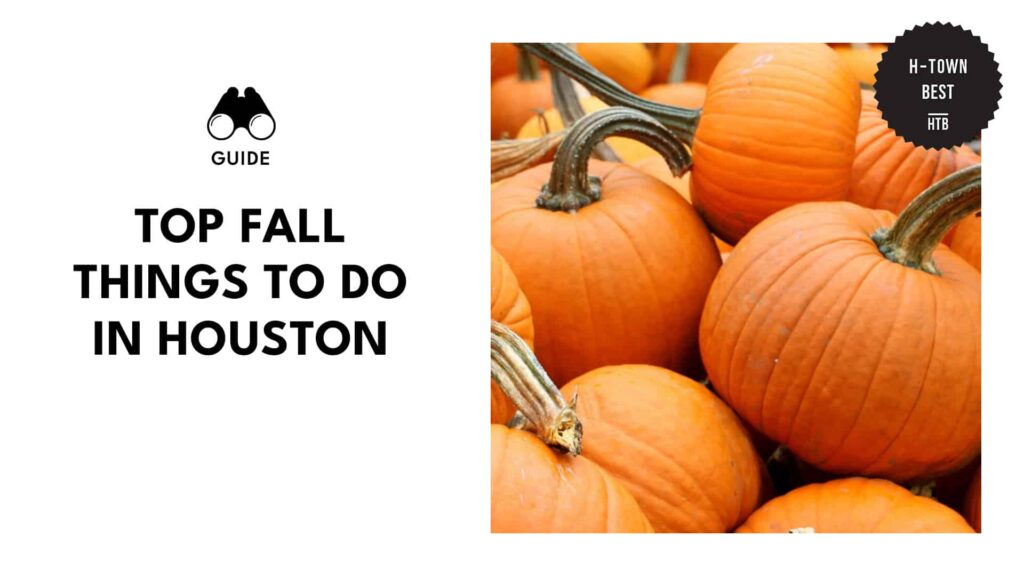Does Texas Allow Weed Use? Here’s A Short Guide on Weed Laws in the Lonestar State

While marijuana use isn’t new to many neighborhoods and communities, it is more open now than it has ever been. In fact, in the US there are 19 states, including the district of Columbia, that have legalized the recreational use of marijuana, or more commonly referred to as weed.
Is Weed Iegal in Texas?
Texas is not one of the states that allow recreational weed use. In fact, the provision of weed to a person below 18 is considered a second degree felony, while possession of up to 2 ounces is considered a class B misdemeanor.
Today, we will discuss more about the laws in Texas regarding weed use and consumption. If you are already in Houston Texas, or planning to move in, read on.
Why is Weed Illegal?
Many american lawmakers have pushed to legalize the use of marijuana and this definitely has an effect on Texas regulations. Even as prosecutions on weed are slowly dropping, the substance remains illegal in the lone star state.
It has been this way since 1931.
In comparison to other states in the US, 19 states have completely legalized the use of marijuana for recreational purposes. On the other hand, another 10 more states have considered partial decriminalization.
The legalization of weed has been an issue since the Single Convention treaty on Narcotics classifies Cannabis as a drug. While it is allowable for medical use, its addictive qualities open its users to the risk of abuse.
Now, modern governance has led to more open minded perspectives on the medical and recreational use of the substance. This has paved the way to legalization and regulation, but this has yet to reach the councils in Texas.
Penalties of Weed Use in Texas
In Texas, anyone caught in possession of the substance is not only required to pay a fine. Prosecutors may also press criminal charges and have the people involved face jail time.
If one is caught in possession of more than 2 ounces of marijuana in Texas, a class B misdemeanor may be initiated. The penalty also includes 180 days or up to 6 months in prison, and a fine of $2000.
Possessing less than an ounce of weed, however, is considered a class C misdemeanor and requires no jail time.
Possession for medical use, on the other hand, is allowable in limited circumstances. It is because of the Texas Compassionate Use Act of 2015 that epileptic, sclerosis, Parkinson’s and ALS patients can acquire and use cannabis oil with THC without legal penalties.
Hemp vs Marijuana
Both products – hemp and marijuana come from the cannabis plant. And yet, only hemp is legalized in Texas and marijuana is not.
Here’s the difference:
The main indicator in evaluating the substance is their THC content. THC stands for tetrahydrocannabinol, a psychoactive compound responsible for effects like intoxication, heightened senses, increased appetite, and relaxation.
The main concern at hand is the strong risk of addiction if THC will be legalized. Instead, the substance is generally regulated, ensuring that no hemp or cannabis products are sold, bought, and consumed if they are above the limit of 0.3% THC content.
Basically, cannabis products that contain less than 0.3% concentration of THC are considered hemp. Meanwhile, anything that contains over 0.3% THC is classified as marijuana, and is therefore illegal.
The confusion between these terminologies, and the complexity involved in checking THC concentrations in products has led to many cannabis cases being dropped or re-evaluated.
THC vs CBD
Another substance, aside from tetrahydrocannabinol, that has an effect on cannabis users is CBD. Also known as Cannabidiol, CBD is considered the second main active ingredient.
The catalyst for the legalization of CBD use is the Agriculture Improvement Act in 2018, since it included the regulation of hemp cannabis plants. Because cultivation and production was put under federal watch, the quality and safety of CBD oil was guaranteed.
CBD was shown to have plenty of positive effects on the body, including relaxation, pain relief, mental ease, and better appetite. Studies also show that CBD use can help alleviate addictions and anxiety attacks.
Still, some side effects may lead to fatigue and nausea.
Another thing that sets CBD apart from THC is that it has little to no addictive properties, as backed by the World Health Organization. That is why products with pure CBD are considered legal to have, sell, and consume.
Federal Law is more lenient on CBD products like food, gummies, supplements, and tinctures, provided that the THC content should not exceed 0.30%. However, this is not true in all states, as some states are more strict with their CBD use than the rest.
The states where CBD is fully legal includes Alaska, Arizona, California, Colorado, Connecticut, Columbia, Illinois, Maine, Massachusetts, Michigan, Montana, Nevada, New Jersey, New York, Oregon, Vermont, Virginia, and Washington.
The rest of the states offer conditional legality.
Check out this table for a quick summary of terminologies:
Weed Legalization in Texas
To date, the Texas Department of Public Safety has ordered their officers to only issue citations for possession cases, instead of arresting people. Given that this agency is the largest in law enforcement, we can see a silver lining for the slow decriminalization of weed in the state.
This is also in connection with House Bill 62, a bill introduced by State Representative Moody, which pushed to label marijuana possession as a class C misdemeanor.
Then again, when we consider how the diverse communities of Texas are taking this issue, we can see that there is an inherent resistance to total legalization of weed.
In a 2010 Texas Tribune Poll, 27% of respondents voted that marijuana should never be made legal. In 2021, a UT/TT survey showed that only 13% were not for legalization, while 27% said it should only be for medical use, and 31% said it should only be in small amounts.
However, there is an overwhelming campaign to decriminalize possession of small amounts. In the words of Gov. Greg Abbott, “You don’t want to ruin a kid’s life for having a joint.”





